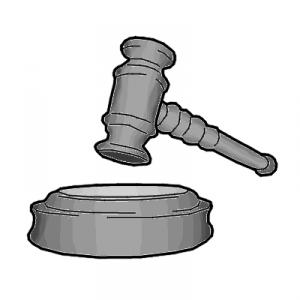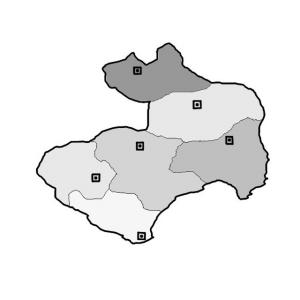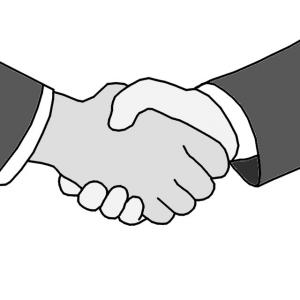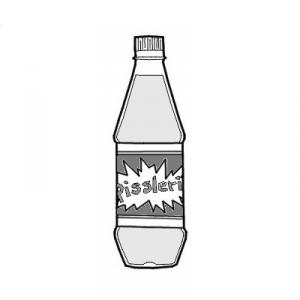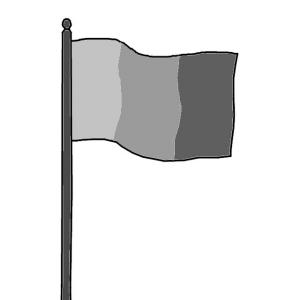

Creating and Enabling Environment
- Hardware
- Software
Creating and Enabling Environment
Creating Policies and a Legal Framework (WWT)
A core governmental role is to formulate policies, through which the government can delimit the activities of all sanitation and water management…
Building an Institutional Framework (WWT)
The term “institutional framework” refers to a set of formal organisational structures, rules and informal norms for service provision. Such a…
Bundling and Unbundling of Functions (WWT)
The clear allocation of functions for the implementation of sustainable sanitation and water management is crucial for its outcomes. Overlapping…
Strengthening Enforcement Bodies (WWT)
Enforcement bodies have a very important role in establishing and ensuring the effective application of other software tools in sustainable…
Decentralisation (WWT)
In order to increase sanitation and water management efficiency and improve equity and justice for local people, a participatory and community-based…
Public Private Partnerships (WWT)
The public sector might not be able to cope with the challenges regarding sanitation and water management and therefore cooperates with the private…
Privatisation (WWT)
“Public sector utilities in developing countries have often not been efficient in providing access to reliable water and sanitation services. [...]…
Nationalisation (WWT)
The nationalisation of sanitation and water management is one option for (local) governments to cope with the increasing problem of lacking…
Developing Human Resources (WWT)
The development of human resources is at the core of sustainable development. People and communities that are empowered with the necessary knowledge…
Integrity Management for Water Sector Organizations
Integrity Management (IM) is a change management approach to reduce unnecessary losses from corruption and bad practice in human resources,…

